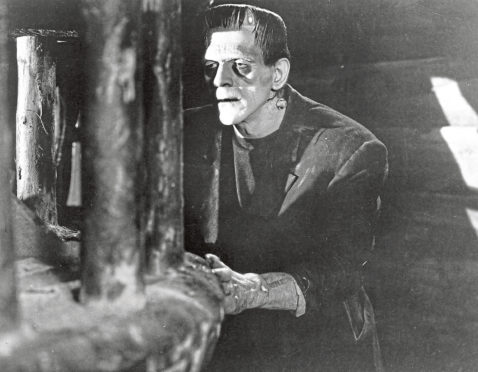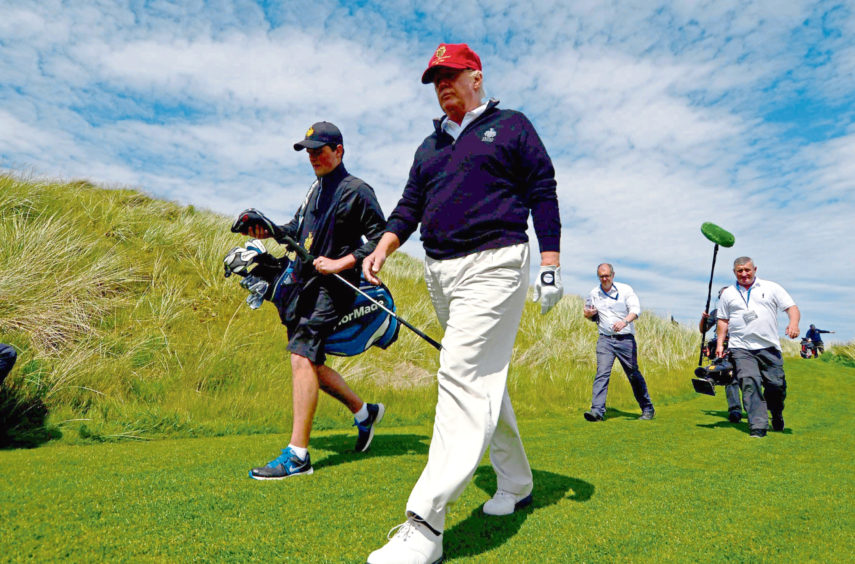How fascinating when times gone by, seemingly so distant from our own, are suddenly linked to us by the unchanging threads of human nature.
1816. A rainy afternoon in Geneva. The poet, Shelley, and his wife Mary are with Lord Byron. Trapped indoors by the weather, they start writing and telling horror stories. It is Mary who pens the tale that endures into the 21st Century, a story that was a forerunner of contemporary science fiction and the inspiration for countless films: Frankenstein.
Mary Shelley’s story is part of our literary heritage, yet is often misunderstood. ‘Frankenstein’ is not the monster but the creator of the unnamed creature of the tale. Ironically, this creature is, at first, more humane than his hapless creator. Vulnerable and longing for acceptance, he unleashes anger only when shunned by Frankenstein. At the story’s heart is the notion that we are morally responsible for what we create. How pertinent that is when applied to the modern-day monster that social media has become.
Long before Donald Trump used and abused social media to manipulate the American election (I won! I won!), or to incite violence at Capitol Hill, former executives of the giant platforms – Google, Twitter, Facebook – had recognised that the unregulated “monster” – their word – was rampaging out of control. In Netflix’s 2020 docu-drama, “The Social Dilemma”, it was even described as “an existential threat” to humanity.
This was not the foot soldiers talking. This was the commanders: presidents, CEOs, ethicists, engineers. People who, at work, used algorithms to predict the ways in which users would click, click, click on the right buttons, but who fell victim to the technology at home, click, click, clicking themselves, despite understanding exactly the manipulations at play. “We understood it consciously – and we did it anyway,” confessed Sean Parker, former president of Facebook. “Your psychology is used against you,” warned Tristan Harris, a former design ethicist at Google.
The problem is that the services we think are “free” are not. Funded by advertisers, they are worth trillions of dollars. For that investment, advertisers want a return. We think we choose what we do. In reality, our invisible strings are being pulled. We dance to someone else’s tune without even hearing the music. “Every action you take is being carefully monitored,” says former Twitter executive, Jeff Seibert. “What you look at; how long you look at it.”
It’s not just the economic implications that are frightening; it’s the societal consequences – as Donald Trump illustrates. Selfies on Instagram, where kind commentators affirm your beauty and unkind ones criticise your sticky-out ears, have changed the psyches of a generation. In the first decade of this century, the suicide rate among 15-19-year-old girls increased by 70%. In the 10-14 age group, it soared by 151%. Chillingly, the executives admitted that many industry insiders restrict their children’s computer access and ban social media accounts.
This is not simply about being enticed to ‘buy’ or ‘sell’ or ‘like’ or ‘comment’. It is about controlling information, manipulating truth. We have access to more information than ever before, but perhaps we also have less clarity. “We absorb fake news as if it’s reality,” says Tristan Harris. “We have less and less control over who we are and what we believe.”
Enter Donald Trump. Before his latest escapades, the executives described wealth being used to confuse and polarise communities, to destabilise Kenya, or cause democracy to crumble in the Philippines. But America? If we can’t agree what is true, said Harris, or even that such a thing as truth exists, humanity is lost. What worried executives most? The answer was stark. “Civil war”. How prescient that was!
The Victor Frankensteins of social media have finally frozen Trump’s accounts. There is always a societal tightrope between freedom and responsibility, but it is one we need to walk. In the New York Times, American journalist Jennifer Senior brilliantly outlined Trump’s “malignant narcissism” and recounted how an administration official described him as “a total monster”. But now Trump is threatening to create his own social media platform: one lawless creature begets another.
On that rainy Geneva afternoon, Mary Shelley could have had no idea how relevant her story would be 200 years later.
The thread between her time and ours is the notion of humans as creative beings, inventive and resourceful – but flawed.
Creativity without responsibility, invention without ethics, is a disaster for mankind. The sad creature of Shelley’s tale only hinted at what we now have: the true stuff of nightmares.


